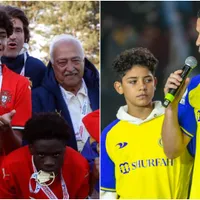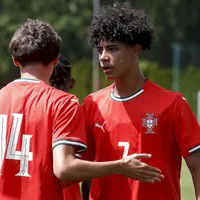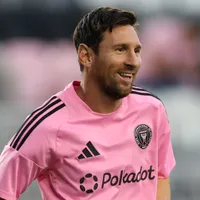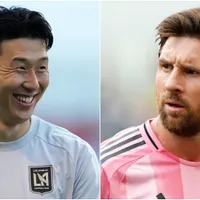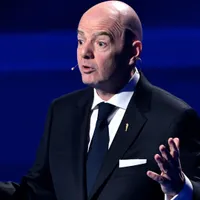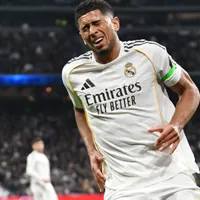Kampala (AFP) – In an era when dictator Idi Amin would interrupt football training to offer advice and bundles of cash, Uganda made it all the way to the 1978 Africa Cup of Nations’ final.
However in the nearly 40 years that followed that surprise success, the “Cranes” — named after the national bird — never again soared to such dizzy heights.
The current squad, the first to qualify for the tournament since, is hoping to change that in Gabon where the 2017 Africa Cup of Nations takes place from January 14 to February 5.
The players, like most of their supporters, are too young to remember the glory days of Uganda’s last appearance.
“Times were different then. There was full government support for sports. We got everything we wanted,” said Jimmy Kirunda who captained the 1978 team during Amin’s reign.
The towering dictator ruled from 1971-1979 and, when he was not committing widespread abuses, issuing eccentric dictates or sending bizarre missives to world leaders, was an eager sportsman and fan who opened the government purse to the country’s stars.
“He often came to us during training sessions to morale boost us, especially before games against outside teams from Tanzania or Zambia, countries he considered his enemies,” said then-defender Tom Lwanga.
“He would pull out bundles of US dollars out of his pockets and give us, at times, $200 or $300. At the time it was a lot of money, everyone in the team would rejoice and fight to ensure we don’t disappoint him in return.”
“He would at times show us some tricks to tackle our opponents, that was the passion he had for the team,” said Lwanga.
Known to some as Big Daddy, to others as The Butcher of Uganda, Amin made a point of personally seeing players off to tournaments abroad.
– Generosity and fear –
Victories were generously rewarded.
Once, after beating Tanzania, Amin sent his personal plane to fetch the players.
Mike Diku, another former defender who played in the 1978 African Cup team, said that players who were also in the armed forces could expect to be promoted when they performed well.
But there was fear too, especially in defeat, with none of the players knowing how the famously erratic and unpredictable autocrat might react.
“We were also aware that his goodwill couldn’t be abused,” said Lwanga. It was motivation, of sorts. We always put up our best performance.”
The team was also protected from criticism. One journalist was forced into exile after writing articles deemed “demoralising” to the players.
When they arrived in Ghana for the 1978 tournament, they were by far the underdogs.
Despite regularly qualifying for the Africa Cup, Uganda had never made it past the first round and in 1978 drew a tough group that included reigning champions Morocco.
But to everyone’s surprise the Cranes won the game and won over the crowds.
“All our opponents were (former) French colonies,” said Diku who reckons his team’s “English background, plus our attractive short passing game” earned them the support of the home crowd in Ghana, a fellow former British colony.
“This continued to the semi-finals when we met Ghana’s arch-rivals Nigeria.”
The final saw Uganda lose 2-0 to the host Ghana.
– Wilderness years –
After many years in the footballing wilderness, during which quarrels between clubs and the federation stymied the national team, Uganda is on the up: the Cranes were named National Team of the Year at this month’s Confederation of African Football (CAF) awards in Abuja, Nigeria, while goalkeeper Denis Onyango was named Player of the Year (Africa-based).
Observers attribute the team’s renewal to talented individuals like Onyango, the skills of Serbian manager Milutin Sredojevic and a modest injection of government cash.
That financial support allowed Uganda to travel to play warm-up matches against other national sides rather than local clubs.
But drawn against established giants Ghana, Egypt and Mali, minnow Uganda still has much to prove in its group games.
Most of the 23 squad members play most of their football in the anonymity of second-division competitions and they are counting on the Cup of Nations to show-off their skills and win better contracts.
That is a dream never realised by the players of 1978.

